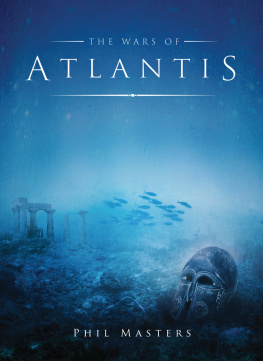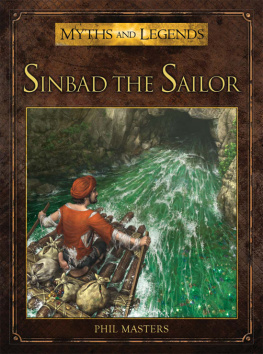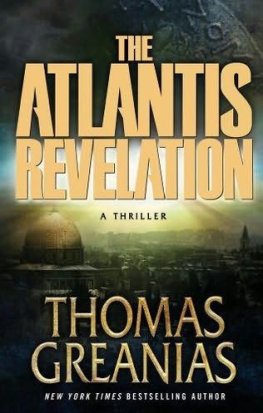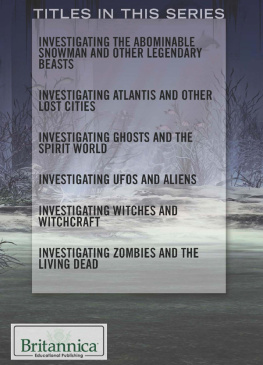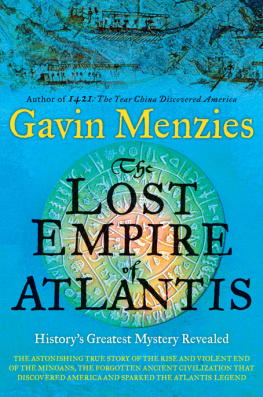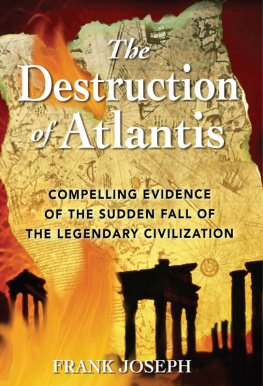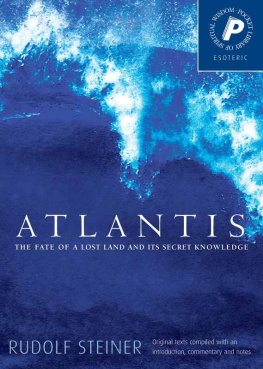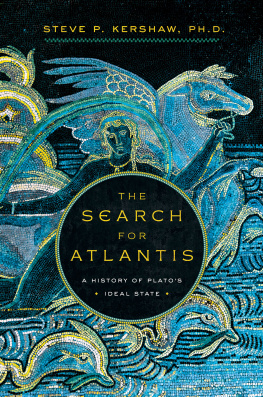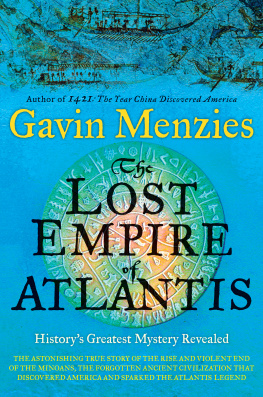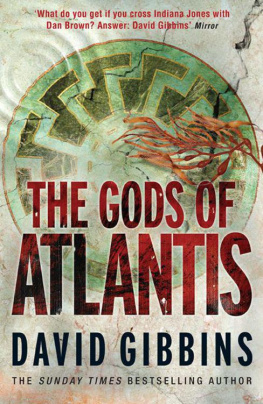
This electronic edition published in 2015 by Bloomsbury Publishing Plc
First published in Great Britain in 2015 by Osprey Publishing, Midland House, West Way, Botley, Oxford, OX2 0PH, UK 4402 23rd St, Suite 219, Long Island City, NY 11101, USA
E-mail:
Bloomsbury is a trademark of Bloomsbury Publishing Plc
Osprey Publishing is part of the Bloomsbury Publishing Ltd.
2015 Osprey Publishing
All rights reserved
You may not copy, distribute, transmit, reproduce or otherwise make available this publication (or any part of it) in any form, or by any means (including without limitation electronic, digital, optical, mechanical, photocopying, printing, recording or otherwise), without the prior written permission of the publisher. Any person who does any unauthorised act in relation to this publication may be liable to criminal prosecution and civil claims for damages.
The Publisher has made every attempt to secure the appropriate permissions for material reproduced in this book. If there has been any oversight we will be happy to rectify the situation and written submission should be made to the Publishers. All uncredited images are assumed to be in the public domain.
A CIP catalog record for this book is available from the British Library
Print ISBN: 978-1-4728-0932-2
PDF e-book ISBN: 978-1-4728-0933-9
EPUB e-book ISBN: 978-1-4728-0934-6
Osprey Publishing is supporting the Woodland Trust, the UKs leading woodland conservation charity, by funding the dedication of trees.
www.ospreypublishing.com
To find out more about our authors and books visit www.bloomsbury.com. Here you will find extracts, author interviews, details of forthcoming events and the option to sign up for our newsletters.
CONTENTS
INTRODUCTION: HISTORIANS OF THE ATLANTEAN AGE
The study of the Atlantean Wars is the art of extracting truths from ancient texts.
In general, the deeper scholars look into the past, the more they are obliged to study physical objects rather than textual sources. The transformation from history to prehistory comes when this shift from history to archaeology is complete; when there are no written texts, knowledge must be derived from the artefacts and other physical remains.
Atlantean studies flip this right back around. Atlantis is, famously, lost sunk beneath the ocean waves. Our knowledge of that era comes almost exclusively from written materials, themselves quite ancient, and from more exotic sources yet. There are few physical remains of the Atlantean age.
PLATO
The name of Atlantis comes to us, originally, through the father of western philosophy. The classical Greek philosopher Plato presented his ideas in the form of a series of dialogues between the earlier philosopher Socrates and other citizens of Athens. One of these, the Timaeus , is primarily about the creation and nature of the world, but early on, one of the speakers, Critias, mentions a story which he heard in his childhood from his aged grandfather, also named Critias. The old man claimed in turn to have received the story from Solon, a legendarily wise Athenian leader, who was a friend of his family.
Solon visited Egypt at one point in his life, and according to this story, while he was there, in the city of Sais, he fell in with some friendly local priests. One of them, amused by Solons discussions of ancient history, told him that the Athenians had forgotten most of their own past but the Egyptians had preserved much important information, notably including the story of Atlantis.
Atlantis was, the priest said, a great island in the Atlantic Ocean (beyond the Pillars of Hercules, those being the promontories on either side of the Straits of Gibraltar), which was once ruled by a great empire. This was linked to the history of Athens because, when the Atlanteans grew arrogant and attempted to conquer the rest of the world, the Athenians of the time took the lead in stopping them and driving them back. However, shortly afterwards, Atlantis sank beneath the sea in some kind of catastrophe, which, the priest implied, also shattered civilization in much of the rest of the world, explaining why so few records or memories remained from the era.
However, Critias stops himself before the digression goes too far; the intention is that the details of the story should appear in the next dialogue, known as the Critias . This does indeed take up the story of Atlantis. However, unfortunately, although this describes the geography and government of Atlantis in some detail, the text is incomplete; it seems that Plato never finished the book. It actually stops at a point where the gods have observed that the Atlanteans have fallen into decadence, and are about to decide how to chastise them; the implication is that, if the war of conquest had not already started, the gods probably encouraged it, and then devastated Atlantis in its aftermath because the inhabitants had shown themselves to be beyond hope.
However, none of this is stated or described, and no one else offered any continuation of the story. Some of Platos followers thought that the whole thing was a fable; others believed otherwise, even travelling to Egypt in search of confirmation, but although some Egyptians were prepared to agree with them, nobody turned up any more of the history at the time. And so the story of Atlantis went on hold for a few centuries.

Plato . The father of western philosophy is also our primary source for the history of Atlantis. This image is based on classical sculptures and descriptions of the great man.
THREE KEY ATHENIANS
Solon ( c . 630560 BC), a politician, poet, and traveller, was known as one of the Seven Wise Men of Greece. When Athenian society seemed to be on the verge of collapse, he was given the power to revise the whole system, which he did, replacing aristocratic rule with something more democratic and rewriting the whole legal system. However, because his changes were basically moderate, designed not to hurt anyone too badly, he didnt really satisfy anyone, and to escape the controversy, he left the city to travel the world for a few years, taking in Egypt along with other lands.
Socrates ( c . 470399 BC) is one of the founding figures of western philosophy, although none of his own writing survives. He apparently developed a method for examining subjects mostly issues of ethics and morality by intensive questioning. Ultimately, his habit of questioning everything seems to have led to his demise, as he was put on trial for impiety actually, perhaps, for challenging the customs of his society at a time of large-scale insecurity and condemned to death.
Plato (428/427348/347 BC) was a student of Socrates who sought to understand everything about the universe, primarily by looking at the most basic forms of things. It has been said that all philosophy since Plato is a set of footnotes to his analysis. Plato has also been called the father of fascism, as the ideal state described in some of his writing is totalitarian and anti-democratic. His descriptions of Atlantis and its Athenian enemies may be coloured by this aspect of his thought.
DIODORUS SICULUS AND AFTER
The next major source of Atlantean lore is Diodorus Siculus, a Sicilian-born Greek historian who worked in the Roman Empire in the 1st century BC. His encyclopaedic Historical Library includes a section on the mythic history of the Atlanteans. However, he appears to be describing a rather different people here specifically, the inhabitants of north-west Africa, around the Atlas Mountains, who in Roman times would have been native tribes or Phoenician colonies. His stories of divine ancestors and battles with Amazon warriors dont relate clearly to Platos version but by Platos account, Atlantis did invade and conquer that part of the world, which hints at an answer to the problem. His Atlanteans could have been colonists and conquerors from the island, who first fought and then allied with local Amazon tribes; the stories of their divine ancestry may be seen as garbled versions of the history of Atlantis given by Plato, and Diodorus accounts of the Amazons launching eastwards wars of conquest should be read as garbled descriptions of the actions of combined Atlantean-Amazon armies.

